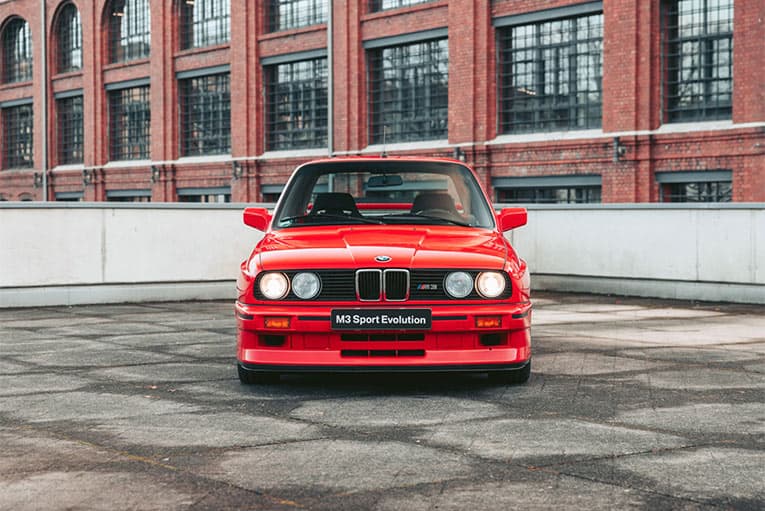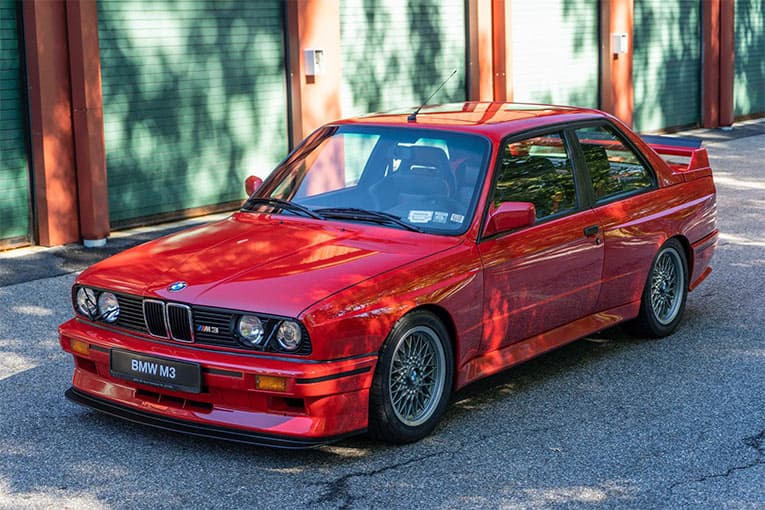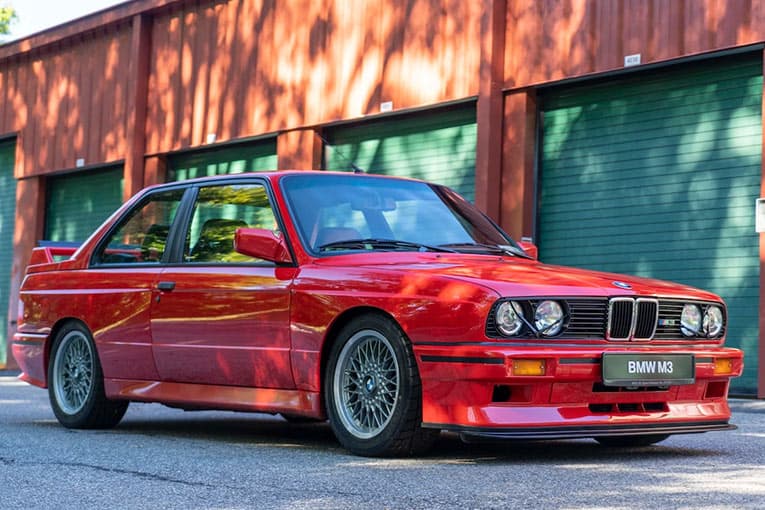The M3 had a commanding presence on the international touring car racing scene for five years. It became the most successful touring car of all times by winning the champion’s title several times in the European Touring Car Championship and twice in the German Touring Car Championship. There were also numerous further victories and championship wins at international level.
Depending on the competition rules, the four-valve engine had to be adapted to national regulations. For example, the capacity for England was limited to 2-litres while for Germany and France it was raised to 2.5-litres with effect from 1990. This enabled the fourcylinder to deliver up to 360 bhp. Depending on the version and the deployment profile, engine and mixture management also varied. Air intake was managed by independent throttle valves and valve control systems.

In the version with the biggest capacity, the engineers of BMW M GmbH went up against the limits of what was feasible. In order to make full use of the 2.5 litre limit, they not only increased the stroke of the 2.3 litre unit from 84 to 87 millimetres, but also increased the bores of the four cylinders from 93.4 millimetres each to 95.5 millimetres. This reduced the width between the cylinders to just 4.5 millimetres. But success proved the development engineers right. The engines withstood the stresses and strains of touring-car racing even at maximum output without any problem.
A civilian version of this original BMW M3 with the biggest capacity drove onto the roads with the additional name of BMW M3 Sport Evolution. Its characteristic feature was the two-tier rear wing. This 238 hp sports car was limited to 600 units. A version of the two-litre engine used in Italy was also marketed for everyday use. It was designated 320is, packed 192 hp and was sold in Italy and Portugal to come below the statutory capacity limits valid here for highly taxed luxury cars.
Capacity
- 2467cc

Power
- 175 kW (238 hp) / 7000rpm
Torque
- 240 Nm / 4750rpm
0-100km/h
- 6.5 seconds
Top Speed
- 248 km/h










